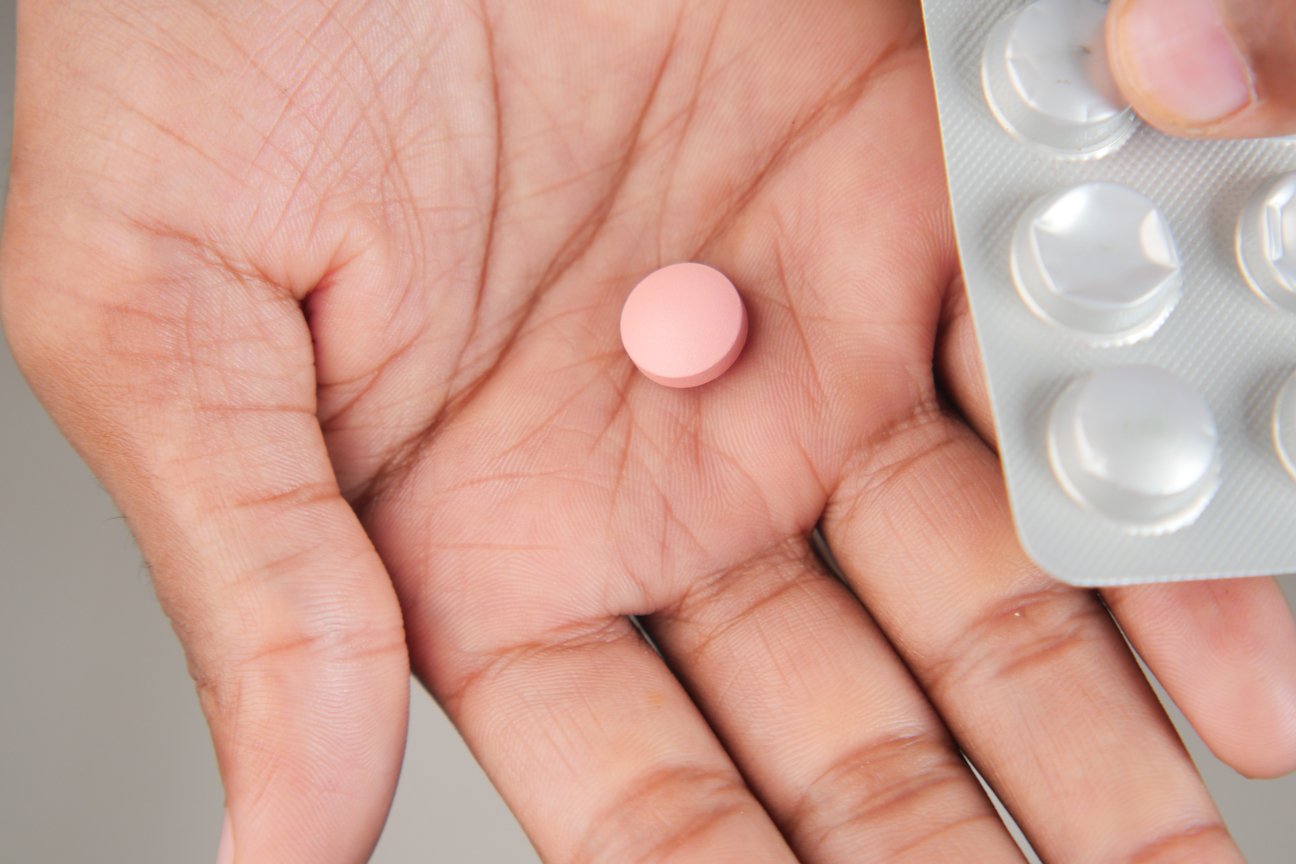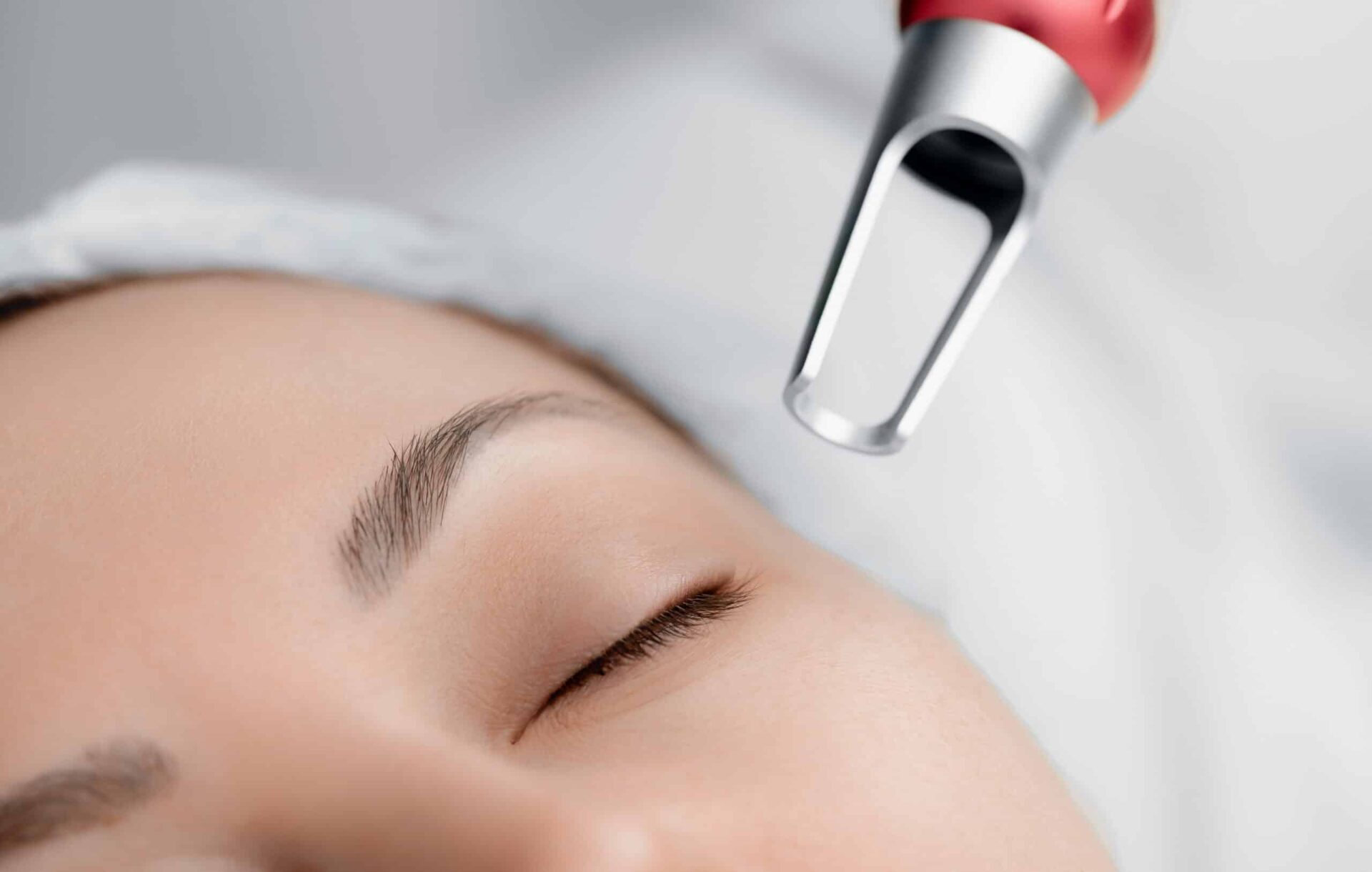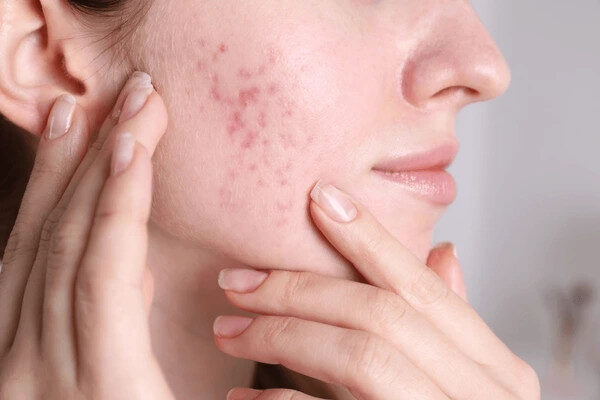
Losing approximately 50 to 100 hairs daily is considered normal. Experiencing hair loss at a faster rate can lead to effects such as receding hairline, thinning at the crown, and even widespread baldness across the scalp. One common alternative to injection treatments is oral medication, primarily finasteride, commonly prescribed to hair loss patients.
What is Finasteride?
Finasteride is a prescription medication belonging to a class of drugs called 5-alpha reductase inhibitors. It works by blocking the conversion of testosterone to a more potent hormone called dihydrotestosterone (DHT). DHT is a major contributor to male pattern hair loss (androgenetic alopecia) by shrinking hair follicles and shortening their growth cycle. Blocking this essentially slows or even reverses the progress of hair loss.
Can the Finasteride Pill Regrow Hair?
Research conducted in clinical settings has demonstrated the efficacy of Finasteride as a viable treatment option for male pattern baldness. The success rates in terms of hair regrowth can depend on how much hair loss was suffered before taking the medication.
Typically, Finasteride exhibits the best effectiveness in cases of mild to moderate hair loss characterised by receding hairlines and thinning at the crown. But for individuals with almost total hair loss, the pill may not give effective results. At that point, it’s better to take the Finasteride pill to preserve the hair that’s left or help with hair transplants.
Medication Dosages
Finasteride is typically taken as a single pill once a day. It’s crucial to follow your doctor’s instructions regarding dosage and duration of treatment. It may take several months to see noticeable results, and consistent use is essential for optimal effectiveness.
Benefits of Oral Hair Loss Medication like Finasteride Pills
Slows Down Hair Loss: Finasteride effectively slows down the progression of hair loss by reducing the impact of DHT on hair follicles.
Promotes Hair Growth: In many cases, Finasteride can stimulate new hair growth and thicken existing hair, leading to a fuller appearance.
Convenient Oral Medication: Finasteride comes in a convenient pill form, making it easy to incorporate into your daily routines.
Non-surgical Solution: Finasteride offers a non-surgical approach to hair loss treatment, providing a less invasive option.
Who Could Benefit From Oral Hair Loss Medication
Finasteride is typically prescribed for men experiencing male pattern hair loss (gradual thinning of hair on the scalp, leading to a receding hairline or baldness on the top of the head). As long as you’re generally healthy, you are an ideal candidate for the medicine.
It’s important to note that Finasteride is not for everyone. Here are some factors to consider:
Women: Finasteride is not recommended for women due to potential side effects.
Underlying Medical Conditions: Inform our doctors about any underlying medical conditions you have before starting Finasteride. We can assess potential interactions and determine if Finasteride is safe for you.
Other Medications: Discuss any other medications or supplements you’re taking with your doctor to avoid potential interactions.
If the concerns mentioned above don’t apply to you, consider treating your hair loss with Finasteride pills.
Side Effects of Finasteride Pills
The risk of side effects is generally low, and they often subside after stopping the medication. Here’s a breakdown of the potential side effects you may experience.
Decreased libido: This is a potential side effect for some men taking Finasteride. It can manifest as a reduced desire for sexual activity.
Erectile dysfunction: Difficulty achieving or maintaining an erection is another potential side effect.
Breast tenderness: In rare cases, men may experience breast tenderness or enlargement while taking the pill.
Mood changes: Some users report mood changes, such as depression, although the link to Finasteride is not definitively established.
Individual sensitivity and adjustment periods can play a role. Some men experience no side effects, while others may be more susceptible. If you experience any side effects, discuss them with your doctor. They can advise you on managing them or adjusting the dosage.
FAQ on Oral Hair Loss Medication
Frequently Asked Questions
Visible results and hair regrowth from Finasteride may require several months to a year to become apparent. The natural pace of hair growth can make it hard to see the changes within a short period of time, even with the help of the pill.
While Finasteride is mostly known for its effectiveness in regrowing hair on the crown, its efficacy along the hairline may be comparatively lower. Nonetheless, it may still contribute to hair growth in this area, however with potentially slower or less pronounced results.
Finasteride is generally deemed safe for extended periods of usage. However, regular monitoring for side effects and effectiveness is advisable. Keep an open communication with your doctor at A Klinik and we’ll be able to help with any side effects.
After your hair transplant, Finasteride can support ongoing hair growth and prevent further hair loss. Areas not treated by the transplant may still experience hair loss, so supplementing with oral medication may be recommended.
Trusted Hair Restoration Clinic in Penang, Malaysia
Visit A Klinik Signature Today

If you’re unsure about injections or hair transplants procedures, hair loss oral medication is a good place to start. Consult with one of our qualified hair loss doctors to discuss your concerns and suitability for the pill.







